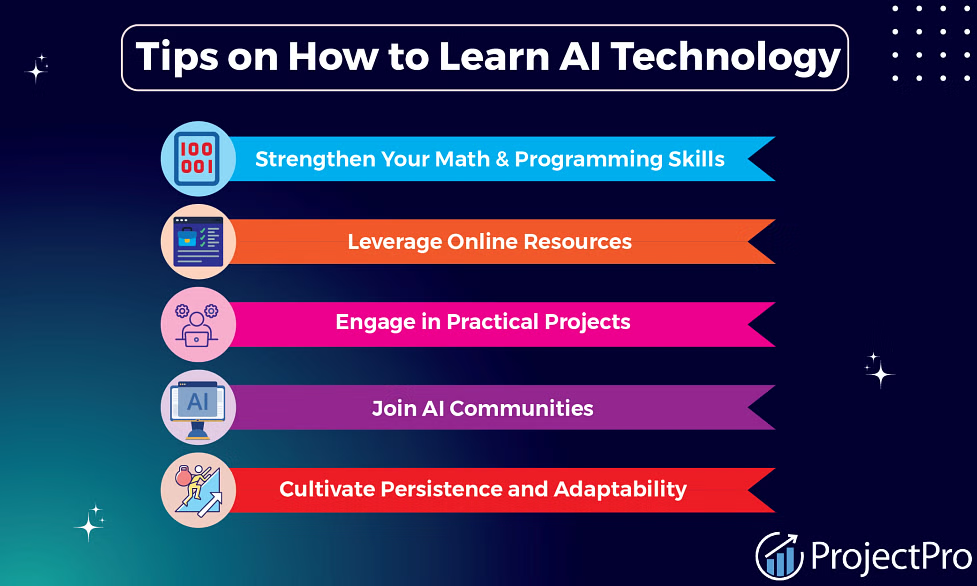In today’s digital economy, artificial intelligence (AI) is reshaping industries. Companies seek smarter systems, better data use, and automation. This is where an Artificial Intelligence Consultant steps in. But what is an Artificial Intelligence Consultant? They are professionals who bridge business needs and AI technology. Their job involves strategic planning, solution development, and implementation support.
An AI consultant doesn’t just write code. They understand business pain points. They recommend tools, build models, and help adopt AI responsibly. Whether it’s predictive analytics, automation, or computer vision—AI consultants create value. Their insights guide companies through complex digital change.
Understanding the Role
So, what is an Artificial Intelligence Consultant? Simply put, they are specialists. They advise businesses on how to use AI. This includes machine learning, data science, natural language processing, and automation tools. They identify opportunities for AI adoption. They assess feasibility and recommend the best AI roadmap.
Some consultants work independently. Others are part of large consulting firms or startups. Their work may involve data audits, prototyping, or AI training workshops. Many projects begin with a business objective, such as reducing costs or improving efficiency. The consultant’s job is to find an AI-driven solution.
They also help integrate AI into current systems. From model testing to change management, their role is hands-on. They stay updated on AI trends, tools, and compliance. Ethics and transparency are also key parts of the job.

What is an Artificial Intelligence Consultant Job?
This job isn’t only about technology. It’s also about strategy, communication, and trust. AI consultants must explain complex models in simple terms. They talk to technical teams and business executives alike. Clear communication is essential.
Common responsibilities include:
- Identifying business problems
- Designing AI strategies
- Building or managing AI models
- Ensuring data readiness
- Evaluating model performance
- Training staff or end-users
AI consultants work across sectors—healthcare, finance, retail, logistics, and more. Some focus on model building. Others specialize in compliance or ethical AI. The exact tasks depend on the client’s goals and the consultant’s expertise.
Key Skills and Qualifications
AI consultants need a unique blend of skills. A strong foundation in math, statistics, and computer science is vital. Knowledge of machine learning frameworks like TensorFlow, PyTorch, or Scikit-learn is expected. Familiarity with data engineering and cloud platforms (like AWS or Azure) adds value.
However, technical knowledge alone isn’t enough. Strong business acumen helps consultants align AI solutions with real-world goals. Communication and storytelling skills are essential. So is the ability to manage change within organizations.
Most consultants hold a degree in computer science, data science, or engineering. Many also pursue certifications in AI, machine learning, or data analytics. A growing number complete specialized programs to gain practical consulting experience.

Pathways into AI Consulting
There’s no single route into AI consulting. Some professionals start as data scientists or ML engineers. Others come from business or management backgrounds and transition into tech through education and upskilling.
Freelance platforms like Upwork offer early experience for aspiring consultants. Tech professionals can start with small projects—proof of concepts, chatbot implementations, or AI dashboards. Over time, they build a portfolio and network.
Joining a consultancy firm is another option. These firms provide mentorship, structured training, and access to large clients. Some AI consultants even launch their own firms or boutique agencies. Flexibility and adaptability are key traits.
What is an Artificial Intelligence Consultant Salary?
Earnings vary by region, experience, and project scope. Entry-level consultants may earn between $70,000 to $100,000 per year. Mid-level professionals often make between $100,000 to $150,000. Senior consultants and niche specialists can command salaries over $200,000.
Freelance consultants may earn more per project. However, they trade financial stability for independence. According to platforms like Upwork, hourly rates range from $50 to over $200, depending on expertise and demand.
In the UK and Europe, rates are generally slightly lower than in the U.S., but rising fast due to AI adoption across industries. Bonuses, equity offers, and performance-based compensation are common at the senior level.
Certifications and Continued Learning
Certifications are an asset for credibility and skill validation. Top certifications include:
- IBM AI Engineering Professional Certificate
- Microsoft Azure AI Engineer Associate
- AWS Certified Machine Learning
- TensorFlow Developer Certificate
Keeping up with trends is crucial. AI is evolving rapidly. Successful consultants read research papers, attend AI conferences, and stay active in communities. They also experiment with new tools and collaborate with other professionals to remain relevant.
Consultants may also benefit from soft skills training. Courses in leadership, client negotiation, and change management boost effectiveness. These human skills set great consultants apart.
Industry Demand and Future Outlook
The demand for AI consultants continues to rise. From startups to Fortune 500 companies, businesses are racing to harness AI. They need experts who understand both algorithms and business strategy.
Sectors driving demand include:
- Healthcare: diagnostics, patient data, predictive care
- Finance: fraud detection, automation, risk modeling
- Retail: personalization, inventory forecasting
- Manufacturing: predictive maintenance, robotics
As AI becomes mainstream, consultants will help shape responsible AI use. Topics like model fairness, bias mitigation, and AI regulation will play a larger role.
Consulting is also shifting. More clients prefer hybrid roles—technical experts who can guide change and drive transformation. The future favors multi-skilled professionals who can bridge business and AI seamlessly.
Conclusion: Bringing It All Together
So, what is an Artificial Intelligence Consultant? They are strategic advisors, technical specialists, and transformation enablers. Their role lies at the intersection of AI innovation and real-world business needs. They don’t just build systems—they make AI work for people.
Whether you’re exploring this career or hiring for it, understanding what is an artificial intelligence consultant job requires clarity on its many dimensions. From technical mastery to ethical insight, the role is as diverse as the industries it serves.
As AI advances, the profession will evolve. But the core mission remains: to create intelligent, ethical, and impactful solutions for a smarter tomorrow.







Add comment
You must be logged in to post a comment.